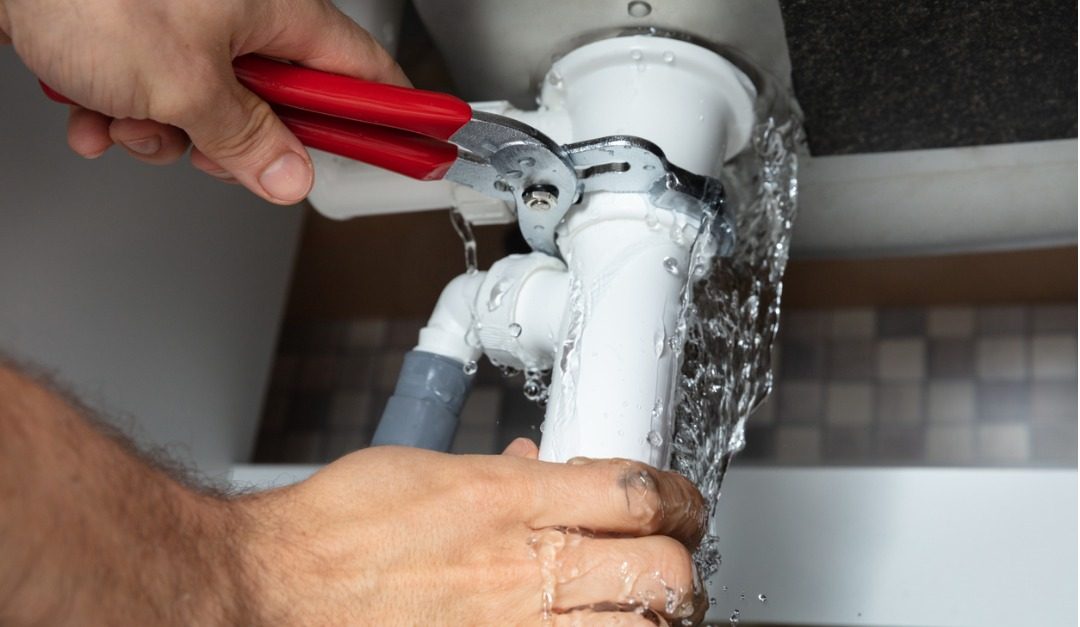It’s easy to ignore your plumbing when taking care of other household responsibilities. Here are some easy tips every homeowner should know to help make sure your plumbing continues to work reliably throughout the coming months:
Water Heaters
First, make sure the temperature setting on your water heater is correct—most experts recommend it stay no higher than 120 degrees Fahrenheit. Not only will this reduce the amount of energy the appliance uses, but it will also reduce the chances that scalding will occur.
One of the biggest enemies of a water heater is corrosion, which will make the unit inefficient and reduce its lifespan. Drain a few gallons from the tank to flush out the sediment that leads to corrosion.
If your unit is 15 years or older, consider having it replaced. A newer model will be much more efficient, helping you save money on your energy bill each month.
Other Appliances
Take a close look at the supply hoses that run to your icemaker, washing machine and dishwasher. If you see any signs of leaks or bulges, have the hoses replaced as soon as you can. This is especially important if they’re more than 10 years old. Make sure to use stainless steel replacement hoses, because they are more durable and will pose less of a risk of bursting.
If you have a home with a basement, you more than likely have a sump pump installed. Check the pump so that you know it’ll be ready to do its job if flooding should occur. Pour a few buckets of water into the sump pit to make sure the pump will activate. It should turn on automatically, discharge the water and then shut off. Consider installing a flood alarm if you haven’t already, not only in the basement, but in your bathrooms as well.
Bathrooms
Speaking of the bathroom, look at your toilet and check for leaks. You can easily spot an issue by adding some food coloring to the tank. If you see the water in your bowl changing color after about 20 or 30 minutes, that means there is a problem with one of the components in the tank. Most people can replace these components on their own, but call a plumber if you’re not comfortable trying to perform this type of job.
Outside the Home
Don’t ignore areas surrounding your home while making your plumbing checks. For instance, make sure your gutters, downspouts and yard drains are all clean and clear of debris, such as leaves, sticks and grass clippings. Look at all your vent pipes and make sure there are no bird nests. Also, check all your outdoor faucets, as well as your hose bibs, to confirm water can freely flow through them. If you have a leak in an outdoor faucet, or you notice any sort of leaking inside the home when you turn that faucet on, that could be a sign that a winter freeze cracked the pipe and it’ll need to be replaced by a professional.
Source: Spartan Plumbing





